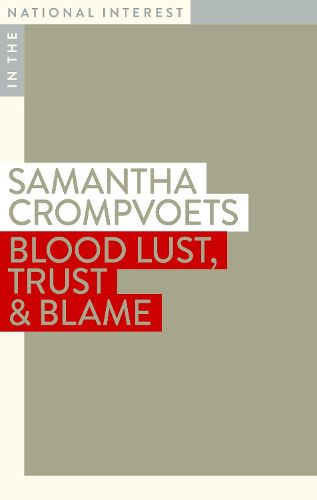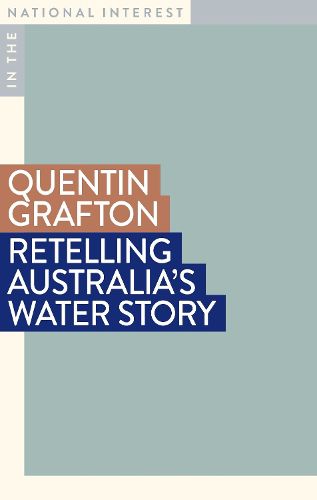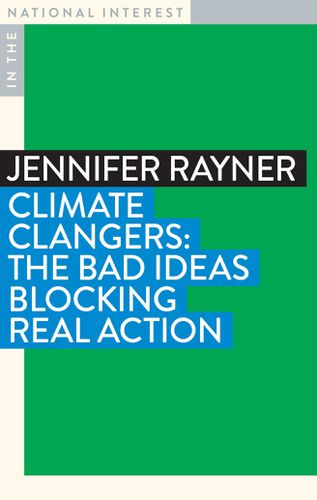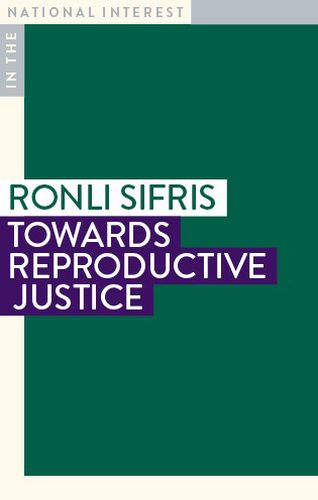Blood Lust, Trust & Blame
Dr Samantha Crompvoets

Blood Lust, Trust & Blame
Dr Samantha Crompvoets
As Australia comes to grips with accusations that some of its elite soldiers committed war crimes in Afghanistan, a catchcry for certain commentators is that the ‘fog of war’ explains, justifies and possibly excuses the alleged atrocities that have come to light. The term seeks to capture the uncertainty regarding one’s own capability, the adversary’s capability, and intent. However, the ‘fog of war’ is woefully inadequate in explaining actions that were deliberate, targeted and repeated.
Abuses of power and the normalisation of deviance are at the heart of the ‘cultural issues’ that have long plagued the Australian Defence Force. In fact, this can be said of all institutions grappling with the same problems: histories of abuse and secrecy, sexual harassment, and problems of diversity and inclusion. It is always easiest to point a finger at a ‘what’ rather than a ‘who’, so ‘culture’ features prominently in analyses of what went wrong regarding the alleged war crimes committed by Australia’s Special Operations Command. But does a focus on culture provide clarity or obscurity? Does it lead to or is it a barrier to accountability? How do you know when you’ve achieved cultural change?
In Blood Lust, Trust & Blame, sociologist Samantha Crompvoets tells the story of what went wrong in the ADF. It is a chronicle of the consequences of pursuing the truth, the politics of accountability, and the cost of action.
This item is not currently in-stock. It can be ordered online and is expected to ship in approx 4 weeks
Our stock data is updated periodically, and availability may change throughout the day for in-demand items. Please call the relevant shop for the most current stock information. Prices are subject to change without notice.
Sign in or become a Readings Member to add this title to a wishlist.










